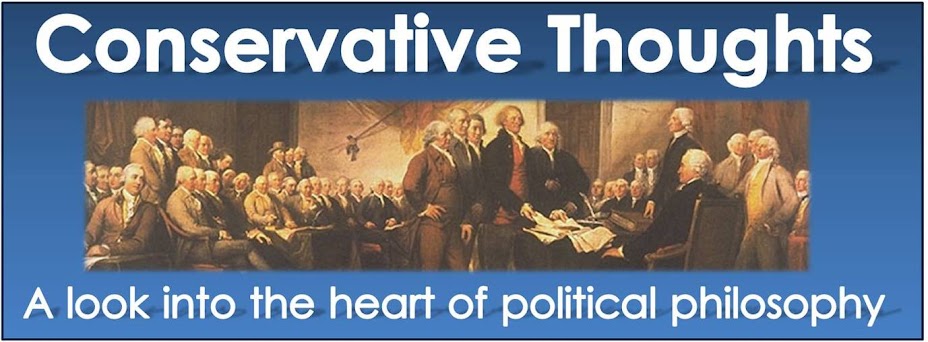
Editor's note. This post was original written in May of this year, but was never published. Enjoy.
Perhaps a better title for the post would have been "why we need judges who won't legislate from the bench", but that just seemed a little too winded. This is an intense subject, full of confusing rhetoric and legal subtleties. Now, as we once again debate of the worthiness of Obama's next supreme court appointee, it is important that we understand what's at stake. True to form, Obama has tapped someone with an elite education and very little experience (sound familiar?). But instead of trying to debate the merits of Elena Kagan's qualifications, I would rather get to the heart of what's important here.
We all learned in middle school that our founding fathers wisely created three distinct branches of government, each having built in checks and balances to ensure none ever get too powerful. The Supreme Court's main purpose in all of this is to provide a final judgement for any case that arises under the Constitution. In a sense, they are the protectors of all the laws of the land, with the highest being the Constitution itself. We need good men and women who love the Constitution and are willing to impartially make judgements, void of any ideological premise, with the sole intent to uphold the Constitution and protect the rights of the people. Unfortunately, such men and women are hard to come by.
Perhaps a better title for the post would have been "why we need judges who won't legislate from the bench", but that just seemed a little too winded. This is an intense subject, full of confusing rhetoric and legal subtleties. Now, as we once again debate of the worthiness of Obama's next supreme court appointee, it is important that we understand what's at stake. True to form, Obama has tapped someone with an elite education and very little experience (sound familiar?). But instead of trying to debate the merits of Elena Kagan's qualifications, I would rather get to the heart of what's important here.
We all learned in middle school that our founding fathers wisely created three distinct branches of government, each having built in checks and balances to ensure none ever get too powerful. The Supreme Court's main purpose in all of this is to provide a final judgement for any case that arises under the Constitution. In a sense, they are the protectors of all the laws of the land, with the highest being the Constitution itself. We need good men and women who love the Constitution and are willing to impartially make judgements, void of any ideological premise, with the sole intent to uphold the Constitution and protect the rights of the people. Unfortunately, such men and women are hard to come by.
If we let the courts get away with too much power, we will be sacrificing our rights and as a people our voice will be lost. We can't let this happen. We can't passively watch Obama or any other President appoint activist judges who are determined to impose their ideology upon the country. The fine line between adjudication and legislation is becoming thinner and more vague each year. And it is not just at the national level either. It starts with local judges abusing their power. Judges that we elect. Of course, if totalitarianism is your thing, then by all means stay the course.



